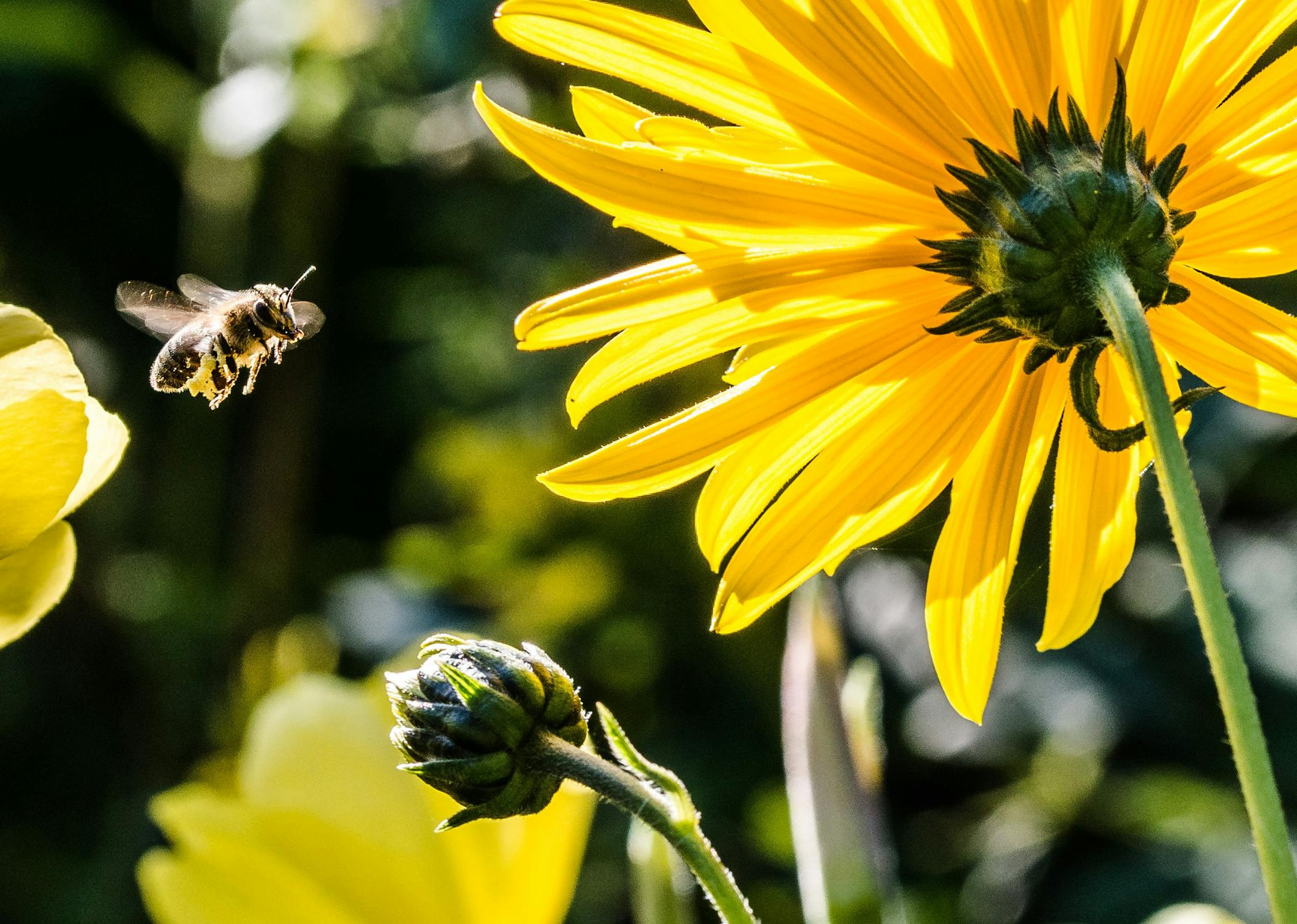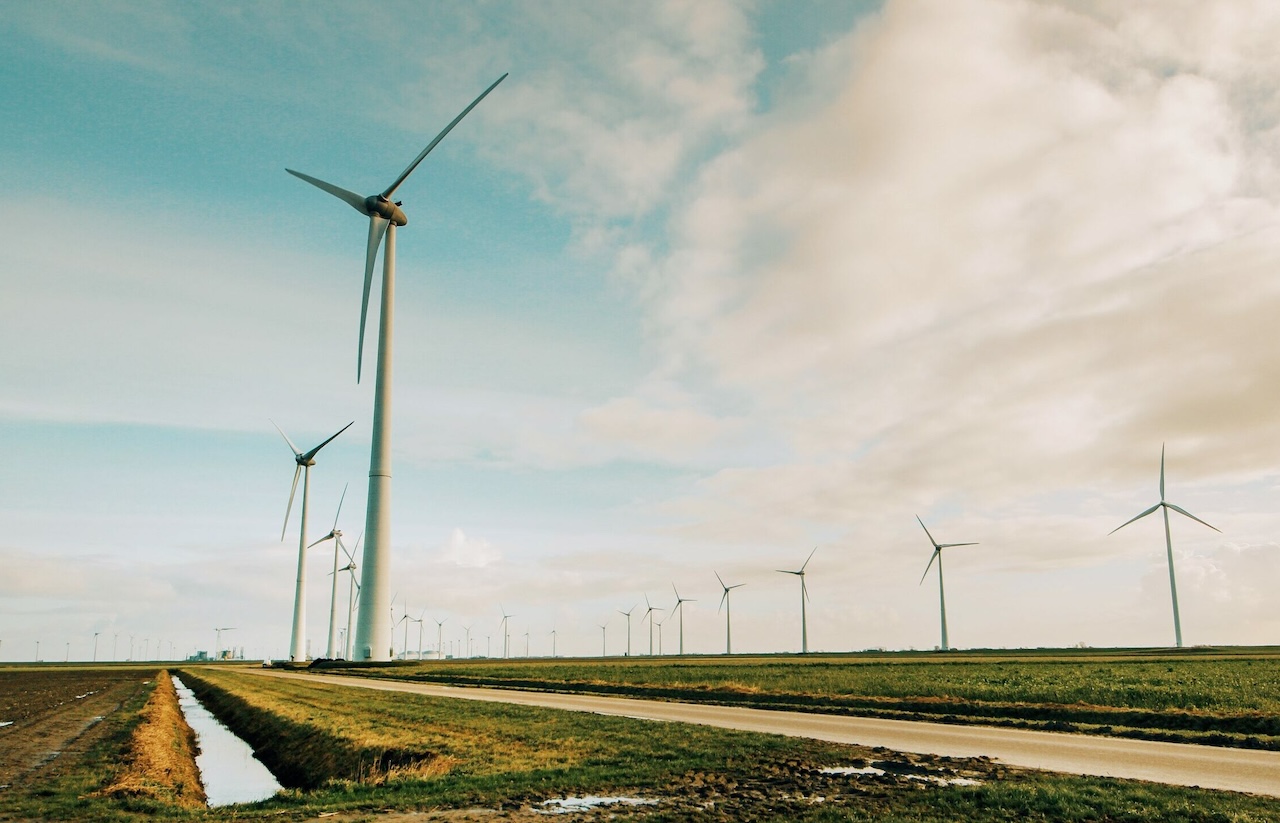The British Beekeepers Association (BBKA) will join beekeepers, conservationists, naturalists and growers around the world in observing World Bee Day on 20 May 2024.
The BBKA’s 27,000-strong membership is actively involved in helping to safeguard more than 50 million honey bees¹. In addition to managing their hives for healthy bees, they produce honey, collect swarms and are on the front-line of protecting the UK’s pollinators from invasive, yellow-legged Asian hornets.
BBKA Chair, Diane Drinkwater, said: “We are passionate about bees and enthusiastically support World Bee Day by helping to raise awareness of the real and present threats facing these incredibly important insects. We all depend on bees and other pollinators to produce much of our food, and safeguard and enhance the biodiversity of the world around us.”
The BBKA was created in this month 150 years ago and beekeepers’ associations have been planting commemorative trees in their apiaries to further support honey bees, bumblebees and many other species dependent on trees for food.
Across the country, thousands of beekeepers’ lawns are sprouting buttercups, daisies, bird’s foot trefoil and clover as part of the No Mow May campaign to encourage gardeners to put their mower away during the month and let wildflowers flourish. The UK has lost 97 per cent of wildflower meadows since the 1930s, which has removed a vital source of food for pollinators such as bees and butterflies.
Diane Drinkwater added: “Beekeepers are as passionate about the environment as they are their own honey bees, and less mowing encourages wildflowers to grow in a grass lawn which is beneficial to lots of pollinating insects.”
World Bee Day, created by the United Nations, aims to strengthen measures to protect bees, which are vital pollinators for almost 90% of the world’s wild flowering plant species and more than 75% of global food crops. Despite their importance in supporting food security and biodiversity, bees are under significant threat worldwide from intensive and monocultural farming practices, land-use change and habitat loss, pesticides and rising temperatures linked to climate change.
The UK’s biodiversity indicator for pollinators (which uses bees and hoverflies as the key indicator species) has been assessed as showing long term decline since 1980 but as remaining stable in the short term.





